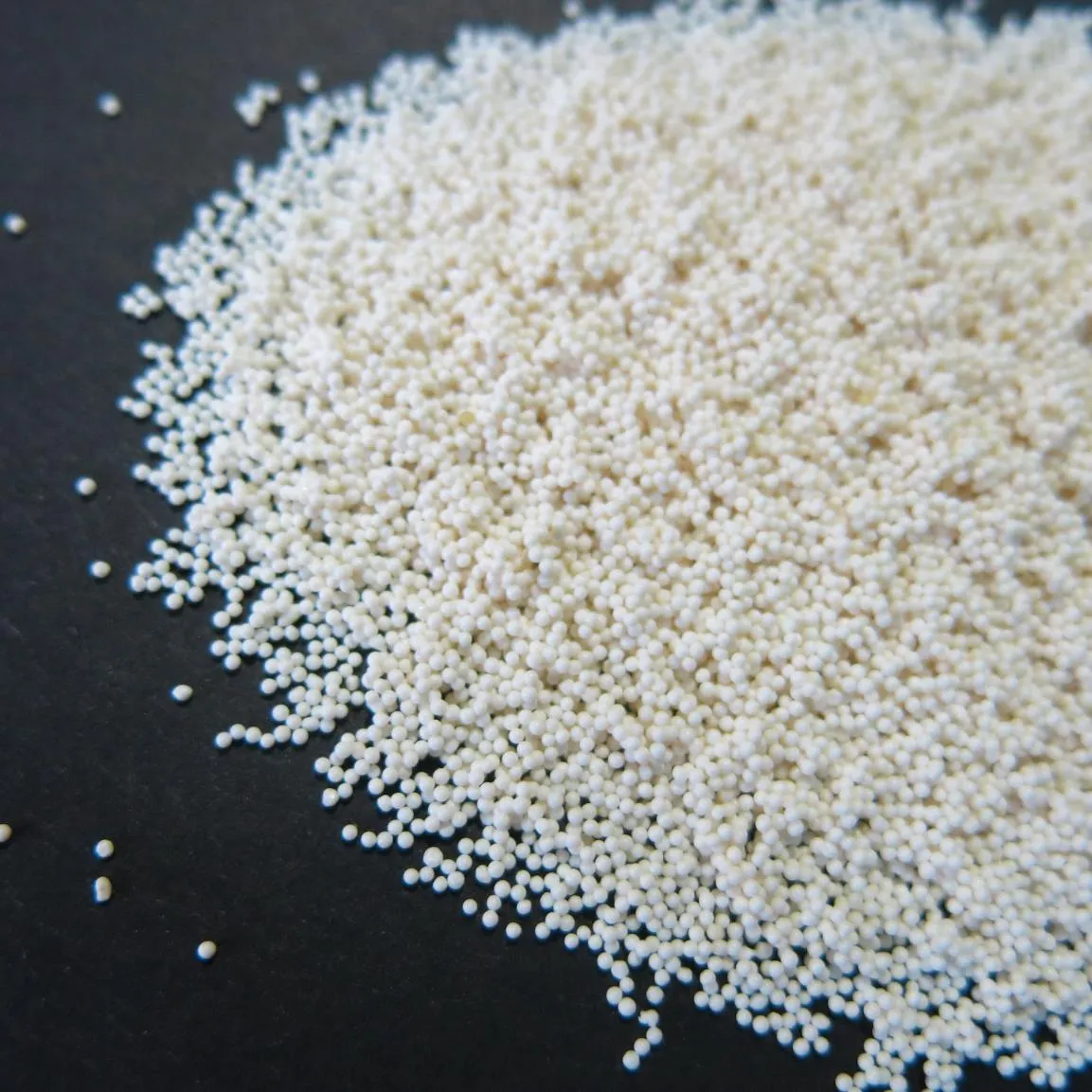
The Macroporous Adsorption Resin AB-8 is a cutting-edge solution designed for efficient separation, purification, and extraction of water-soluble and weakly polar substances. Developed by Hebei Lijiang Biotechnology Co., Ltd., this resin is widely used in industries such as pharmaceuticals, food processing, and environmental engineering. Its unique properties make it a preferred choice for applications requiring high adsorption capacity and stability. This article explores the product’s features, technical specifications, and real-world applications, supported by authoritative references from the National Institute of Standards and Technology (NIST).
Key Features of Macroporous Adsorption Resin AB-8
The Macroporous Adsorption Resin AB-8 is a styrene-based weakly polar copolymer, synthesized using divinylbenzene as a crosslinking agent and toluene as a porogen. Its distinct characteristics include:
- Color and Appearance: Milky white or light yellow spherical beads, facilitating easy observation during processing and separation of colored organic compounds.
- Chemical Stability: Insoluble in acids, alkalis, and organic solvents, allowing flexibility in selecting adsorbents and desorbents.
- High Selectivity: Demonstrates strong affinity for organic matter without interference from inorganic salts, ensuring precise purification.
- Easy Regeneration: Can be regenerated using water, dilute acids, alkalis, or low-boiling solvents like methanol or ethanol.
- Durability: Excellent mechanical strength and long service life, reducing replacement costs and downtime.
These features position the AB-8 resin as a versatile tool for industries requiring reliable and efficient separation processes.
Technical Specifications Table
| Parameter | Specification |
|---|---|
| Appearance | Milky white opaque spherical beads |
| Resin Structure | PSD (Polystyrene-Divinylbenzene) |
| Polarity | Weakly polar |
| Moisture Content | 65%–75% |
| Particle Size Range | 0.3–1.25 mm (≥90%) |
| Average Pore Size | 13–14 nm |
| Pore Volume | 0.73–0.77 ml/g |
| Porosity | 42%–46% |
| Specific Surface Area | ≥480 m²/g |
| Adsorption Capacity | ≥45 mg/g |
Applications in Water Purification and Separation
The Macroporous Adsorption Resin AB-8 excels in applications involving the extraction and purification of water-soluble and weakly polar compounds. Common use cases include:
- Pharmaceutical Industry: Isolation of alkaloids, glycosides, and other bioactive compounds from natural sources.
- Food and Beverage Sector: Removal of impurities and pigments from fruit juices, syrups, and dairy products.
- Environmental Engineering: Treatment of wastewater to remove organic pollutants and heavy metals.
- Chemical Manufacturing: Purification of solvents and intermediates in industrial processes.
Its ability to withstand harsh chemical environments and regenerate repeatedly makes it ideal for large-scale operations. For instance, in water purification resin applications, the AB-8 resin effectively adsorbs contaminants while maintaining high flow rates and low pressure drops.
Preparation and Regeneration Procedures
Proper handling of the Macroporous Adsorption Resin AB-8 ensures optimal performance. Key steps include:
Resin Pretreatment
Industrial-grade resins are typically stored in inert solvents. To prepare for use:
- Soak the resin in 10–20 cm of ethanol for 3–4 hours, then drain the solution.
- Rinse repeatedly with water until the effluent is clear and free of ethanol odor.
Enhanced Regeneration
When the resin’s adsorption capacity declines, follow these steps for regeneration:
- Soak in 3–5% hydrochloric acid for 2–4 hours, then rinse with 5–7 times the resin volume.
- Repeat the process with 5% sodium hydroxide solution, followed by thorough water washing until neutral pH is achieved.
These procedures restore the resin’s performance and extend its lifespan, as highlighted in NIST standards for adsorbent materials.
Storage and Handling Precautions
To maintain the integrity of the Macroporous Adsorption Resin AB-8, adhere to the following guidelines:
- Store at 5–40°C to prevent freezing or microbial growth.
- Avoid direct water contact if the resin dries out; instead, rehydrate with ethanol before rinsing.
- Filter feed solutions to remove impurities, preventing resin poisoning.
- Keep the resin submerged in clean water or saturated saline/ethanol for long-term storage.
These precautions, outlined in NIST’s guidelines for material handling, ensure consistent performance and safety.
About Hebei Lijiang Biotechnology Co., Ltd.
Hebei Lijiang Biotechnology Co., Ltd. is a leading manufacturer of advanced adsorption resins, specializing in products like the Macroporous Adsorption Resin AB-8. With a commitment to innovation and quality, the company serves global clients in pharmaceuticals, environmental protection, and chemical processing. Their expertise in resin technology aligns with NIST’s standards for precision and reliability in material science.
Conclusion
The Macroporous Adsorption Resin AB-8 is a robust solution for modern separation and purification challenges. Its combination of high adsorption capacity, chemical stability, and ease of regeneration makes it indispensable across industries. By adhering to NIST’s standards for material performance, this resin continues to set benchmarks for efficiency and sustainability.
References
1. National Institute of Standards and Technology (NIST) – Standards for adsorption materials and water purification technologies.
2. Hebei Lijiang Biotechnology Co., Ltd. – Product specifications and application guidelines for Macroporous Adsorption Resin AB-8.
3. NIST Technical Reports – Material Testing and Characterization (for general references on resin performance).
Hebei Lijiang Biotechnology Co., Ltd, is a new material manufacturer specializing in the production of high-performance special ion exchange resins.mixed bed resin suppliers It is a modern high-tech enterprise that integrates the research and development,production, sales, and service of resin materials and resin terminal products.ion exchange resin The company is committed to producing high-quality industrial grade, food grade,pharmaceutical grade, and nuclear grade resins.cation exchange resin It has passed ISO9001 management certification,SGS certification, and WQA international certification from the American Water Quality Association, and has obtained a national food hygiene license. Food grade resin products comply with FDA standards in the United States.super blog